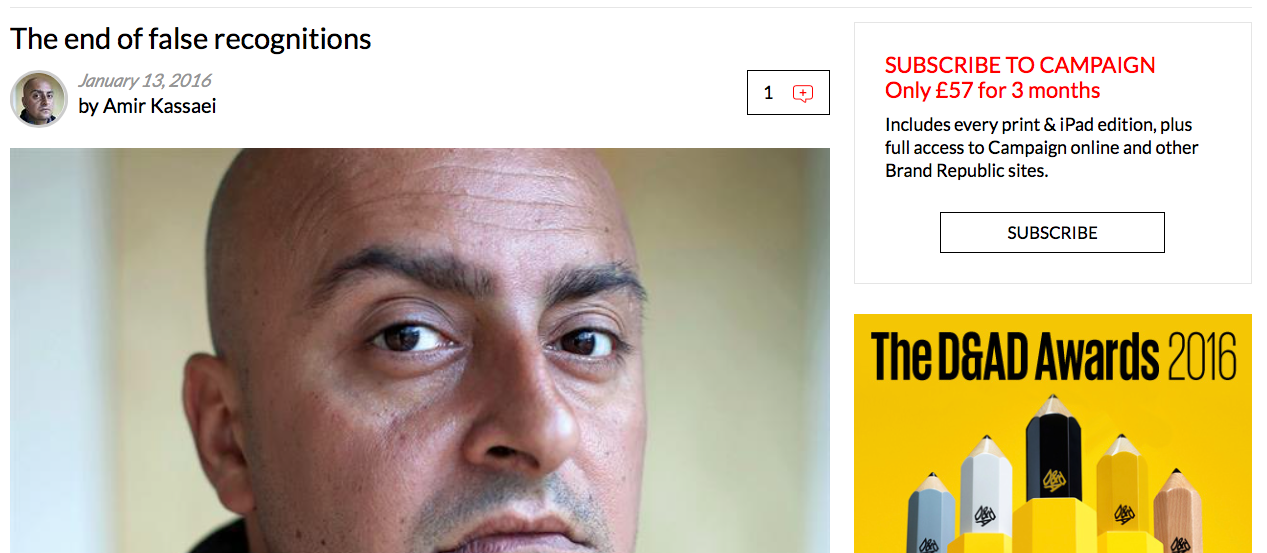Side Project
Hey Ben.
Remember that euthanasia roller coaster film that you helped PR on your website?
I’ve finally released it this week on vimeo.
Is there any way that you would put it up on your website by any chance?
You’ve been a really good guy helping me already on this and I would love a little final push as it’s now officially out…
Here’s a little PR note from me about the film:
You’re dying. If money was no object, would you manipulate euthanasia so that you could die on your own terms?
Would you suffer the indignities of a drawn-out and painful terminal illness if there was an attractive alternative?
This story examines how the protagonist Mark uses his wealth to help create a euthanasia roller coaster. A roller coaster so powerful, it causes cerebral hypoxia, thus suffocating your brain ensuring a euphoric death.
I’m Glenn Paton, a director, and these are the questions that my debut short film “H Positive” delves into.
It’s a Kickstarter funded film (which I raised £20,000) and I directed it through Academy Films.
I’ve just uploaded it to Vimeo after winning 8 Laurels in the film festival circuit and I was hoping that you might consider a small write up about it on ITIABTWC.
https://vimeo.com/154188234
Nice one, Glenn.
I watched it thinking, ‘How the fuck did this get made for 20 grand?’ and ‘This is jolly good’.
